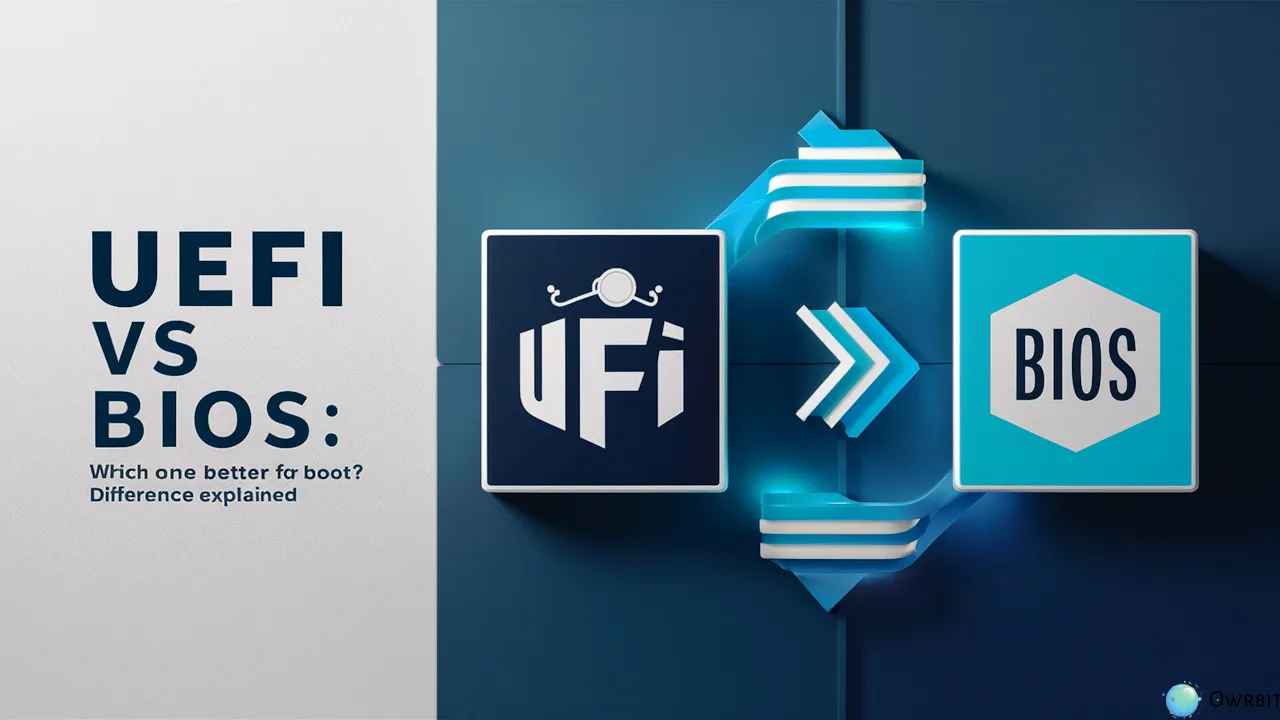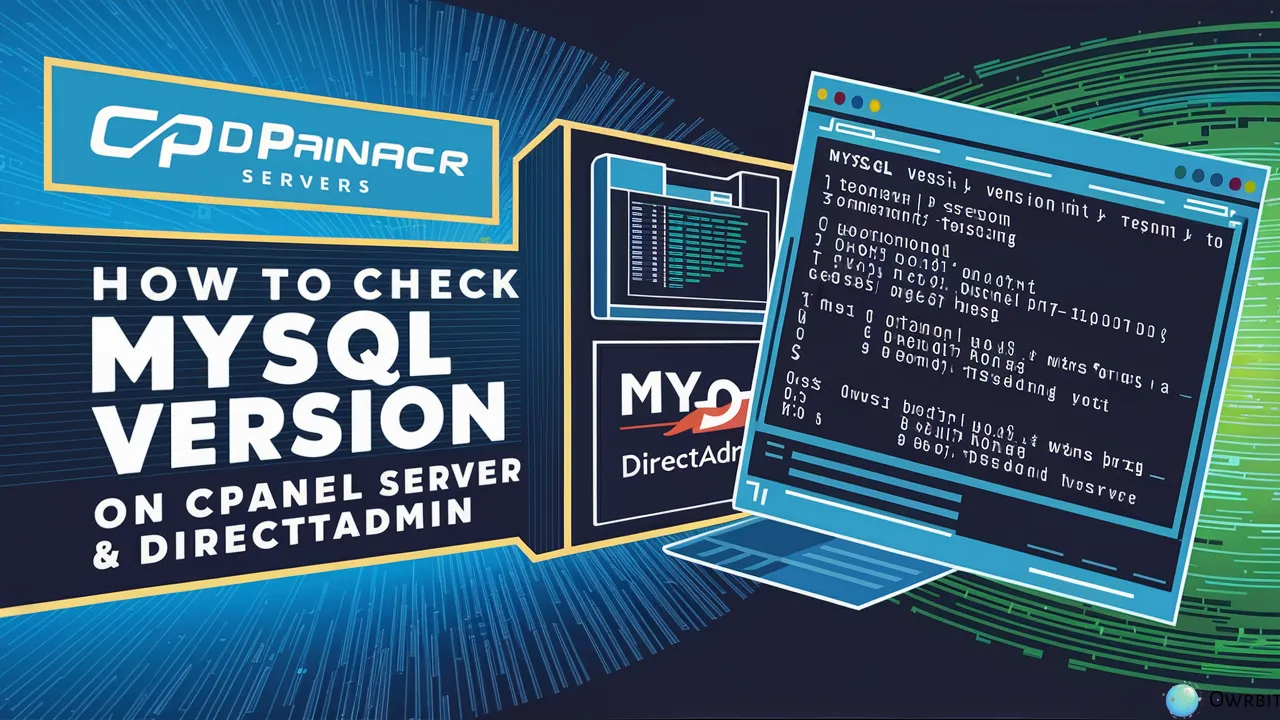Many people are asking one important question: which one is better UEFI or BIOS? If you’re using a computer or planning to build one, knowing the difference between UEFI vs BIOS is super helpful. These two systems play a big role in how your computer starts up and talks to its hardware.
BIOS (Basic Input/Output System) is the older type of system that has been around for many years. It runs when you turn on your computer and helps it start up properly by checking the hardware and loading the operating system. But as technology has advanced, a new system called UEFI (Unified Extensible Firmware Interface) has taken the spotlight.
So, UEFI vs BIOS – which one is better UEFI vs BIOS? Well, UEFI comes with many modern features that BIOS simply doesn’t have. UEFI offers faster boot times, can handle larger hard drives (over 2 TB), and has a nicer, more user-friendly interface. It also gives you better security options, which is important for keeping your computer safe.
The UEFI vs BIOS debate is still going strong in 2025. Many new computers now come with UEFI instead of BIOS because of its advanced capabilities. But that doesn’t mean BIOS is useless – it still works fine on older systems and is very stable. However, if you’re building a new PC or upgrading, you’ll probably want to go with UEFI.
When we talk about UEFI vs BIOS, it’s also important to consider compatibility. UEFI works well with newer operating systems like Windows 11 and supports features like Secure Boot, which can help block malware during startup. BIOS, on the other hand, might struggle with some modern setups.
So, which one is better UEFI vs BIOS? If you need fast boot times, better security, and support for bigger storage, UEFI is the better option. But if you’re using an older system, BIOS might still do the job for you.
At Owrbit, we looked closely at UEFI vs BIOS to help you decide. We found that UEFI is the clear winner for most users today. Still, it all depends on what kind of system you’re working with. Which one is better UEFI vs BIOS for you depends on your needs and setup.
To wrap it up, UEFI vs BIOS is a key topic in computer tech. And in 2025, it’s more important than ever to understand which one is better UEFI or BIOS. Whether you’re starting from scratch or just making a few upgrades, knowing the difference can help you get the best performance out of your system.

What is BIOS?
BIOS stands for Basic Input/Output System. It’s a type of firmware stored on a small memory chip on your computer’s motherboard. BIOS is the first software that runs when you turn on your computer. Here’s what it does:

🔧 Main Functions of BIOS:
- Power-On Self Test (POST):
- It checks if all the basic hardware components like RAM, keyboard, hard drives, and processor are working properly.
- Bootloader Activation:
- After the hardware check, BIOS finds the storage device with the operating system and starts it.
- Hardware Control:
- BIOS gives the computer basic control over input/output devices like the keyboard, screen, and storage.
- BIOS Settings/CMOS Setup:
- Users can press keys like F2, DEL, or ESC during startup to enter the BIOS setup utility. From here, they can change hardware settings, system clock, boot order, etc.
What is UEFI?
UEFI stands for Unified Extensible Firmware Interface. It is the modern replacement for BIOS and is found in most new computers today. Like BIOS, UEFI is a type of firmware that runs when you start your computer, but it comes with many advanced features and improvements.

What Does UEFI Do?
- Boots the Computer:
- It starts the system by initializing the hardware and loading the operating system from the storage drive.
- Supports Modern Hardware:
- UEFI works with large hard drives (over 2 TB) and newer types of storage like SSDs using the GPT (GUID Partition Table) system.
- Faster Boot Times:
- It starts up your computer faster than BIOS thanks to better hardware handling.
- Better Security:
- UEFI includes features like Secure Boot, which helps protect your system from malware that might try to load during startup.
- Graphical Interface:
- UEFI has a modern, user-friendly interface with mouse support, unlike BIOS which is text-based and keyboard-only.
- Modular and Upgradable:
- UEFI is built in a modular way, so manufacturers can easily add new features and updates.
Key Differences Between UEFI and BIOS :
If you’re wondering “which one is better UEFI or BIOS”, it’s important to understand the key differences between the two. The debate of UEFI vs BIOS is all about comparing old vs new firmware technologies. Below is a simple table and explanation to help you clearly see what sets them apart.
| Feature | BIOS (Basic Input/Output System) | UEFI (Unified Extensible Firmware Interface) |
|---|---|---|
| Boot Speed | Slower startup | Faster boot time |
| User Interface | Text-based, keyboard only | Graphical, supports mouse and keyboard |
| Drive Size Support | Up to 2.2 TB with MBR | Supports drives over 2 TB with GPT |
| Partition System | MBR (Master Boot Record) | GPT (GUID Partition Table) |
| Security Features | Basic, no Secure Boot | Includes Secure Boot for better protection |
| System Compatibility | Compatible with older systems | Best for modern systems (Windows 10/11) |
| Firmware Updates | Hard to update | Easier and modular updates |
| Internet Support | Not supported | Can access network during boot |
| Mouse Support | Not available | Available |
| Boot Mode Name | Legacy Boot | UEFI Boot |
When comparing UEFI vs BIOS, UEFI clearly wins for modern use. It offers faster performance, better security, and support for newer hardware and operating systems. BIOS still works well on older machines, but it lacks the advanced features that UEFI provides.
Advantages of UEFI Over BIOS :
In the ongoing UEFI vs BIOS discussion, UEFI clearly brings a lot of improvements to the table. If you’re still wondering which one is better UEFI or BIOS, these advantages of UEFI will help you decide.

- 🚀 1. Faster Boot Time :
- UEFI is much faster than BIOS when starting up your computer. It initializes hardware quickly and loads the operating system in seconds, making your PC feel more responsive.
- 💾 2. Support for Larger Hard Drives :
- BIOS can only handle hard drives up to 2.2 TB using the MBR partitioning system. UEFI, on the other hand, uses GPT, which supports drives larger than 9.4 zettabytes (that’s huge!). So if you’re using large SSDs or HDDs, UEFI is the better choice.
- 🔐 3. Secure Boot :
- UEFI comes with a feature called Secure Boot that helps protect your system from malware and unauthorized operating systems during startup. BIOS doesn’t offer this kind of protection.
- 🖱 4. Graphical User Interface :
- UEFI has a clean, user-friendly interface that supports mouse and keyboard input. BIOS only supports keyboard and uses a basic text-only screen.
- 🌐 5. Internet and Network Support :
- UEFI can connect to a network during the boot process. This allows for remote diagnostics, firmware updates, and advanced management — something BIOS cannot do.
- 🔧 6. Easier Updates and Customization :
- UEFI is modular, meaning it can be easily updated or customized by hardware manufacturers. BIOS is harder to update and limited in flexibility.
- 🧩 7. Compatibility with Modern Operating Systems :
- UEFI is designed to work with the latest operating systems like Windows 10, Windows 11, and some versions of Linux. BIOS may not support newer OS features or boot methods.
When we talk about UEFI vs BIOS, the advantages of UEFI make it the smarter choice for modern systems. It’s faster, more secure, more flexible, and built for today’s technology.
Advantages of BIOS over UEFI :
Even though UEFI is more advanced, BIOS still holds value in certain situations. In the UEFI vs BIOS debate, it’s important to know that BIOS can still be the right choice depending on your system or needs. If you’re wondering which one is better UEFI or BIOS for older setups, here’s why BIOS might be the better option.
- 🧱 1. Simpler and More Stable :
- BIOS has been around for decades and is very stable. Its simplicity means fewer things can go wrong, especially on older hardware.
- 💻 2. Better for Older Computers :
- If you’re using a computer built before 2010, chances are it only supports BIOS. UEFI might not even run on such systems. In this case, which one is better UEFI or BIOS? Clearly, BIOS is the winner.
- 🔧 3. Easier Troubleshooting :
- BIOS offers a basic, no-frills interface that many technicians are familiar with. It’s great for quickly checking hardware issues and performing system diagnostics.
- 🛠 4. Wide Compatibility :
- BIOS is compatible with older operating systems like Windows XP, Windows 7, and early Linux versions — operating systems that may not boot under UEFI.
- 🧠 5. Less Complexity :
- BIOS has fewer features, which might sound like a downside, but it makes the system less complex and easier for some users to manage, especially those not needing UEFI’s advanced tools.
In the UEFI vs BIOS comparison, BIOS wins in simplicity, stability, and backward compatibility. If you’re working with older systems, or just need a basic setup without the extras, then BIOS may actually be a better choice.
⚙️ Performance Comparison: UEFI vs BIOS :
When it comes to system performance, the UEFI vs BIOS debate often centers around speed, efficiency, and overall boot experience. If you’re wondering which one is better UEFI or BIOS in terms of performance, here’s a simple comparison to help you decide.

- 🚀 Boot Time :
- UEFI: Boots significantly faster thanks to optimized code and parallel hardware initialization.
- BIOS: Takes longer to start the system, as it initializes hardware one step at a time.
- 🟢 Winner: UEFI — Ideal for users who want a quick startup experience.
- 💾 Drive Performance :
- UEFI: Supports SSDs and large HDDs over 2 TB with the GPT format, giving better read/write performance on modern drives.
- BIOS: Limited to MBR partitions and drives up to 2.2 TB, which can slow down access on newer hardware.
- 🟢 Winner: UEFI — Best choice for modern storage devices and faster data handling.
- 🔐 Security Features :
- UEFI: Comes with Secure Boot and better integration with OS-level security tools.
- BIOS: No built-in security features; more vulnerable to boot-level malware.
- 🟢 Winner: UEFI — More secure and stable, especially for internet-connected systems.
- 🧰 Firmware Customization & Updates :
- UEFI: Easier to update and customize; supports graphical tools and external modules.
- BIOS: Harder to update, less flexible, and rarely offers user-friendly customization.
- 🟢 Winner: UEFI — Future-ready and easier to manage long-term.
In a head-to-head performance comparison of UEFI and BIOS, UEFI is clearly the better performer in every category — from boot speed to security and hardware handling. If you’re still asking which one is better UEFI or BIOS, the answer for performance-focused users is definitely UEFI.
🧭 How to Choose the Right Option for Your System :
Now that you understand the differences in the UEFI vs BIOS debate, it’s time to decide: which one is better UEFI vs BIOS for your setup? The answer depends on your computer, your needs, and how you plan to use the system.
💻 Choose UEFI If :
- You have a modern computer (2012 or newer)
- Your hard drive is larger than 2 TB
- You’re using or installing Windows 10, Windows 11, or modern Linux
- You want faster boot times
- You care about security features like Secure Boot
- You prefer a graphical interface with mouse support
✅ In most cases, UEFI is the best choice for speed, security, and long-term compatibility.
🖥️ Choose BIOS If :
- You have an older system (pre-2010 hardware)
- You need to install older operating systems like Windows 7 or XP
- Your drive is smaller than 2 TB and uses MBR
- You prefer a simple, keyboard-only interface
- You’re comfortable with manual troubleshooting or working in legacy environments
✅ For older computers or very specific use cases, BIOS is still a reliable option.
Conclusion: Which One Should You Choose?
After understanding everything about UEFI vs BIOS, it’s time to decide which one is better UEFI or BIOS for your computer. Both have their own uses, but in most cases, UEFI is the smarter and more future-proof option.
In the world of UEFI vs BIOS, UEFI clearly wins when it comes to speed, security, and support for modern hardware. If you’re using a newer computer, working with large hard drives, or installing Windows 10 or 11, then UEFI is the right choice. It gives you a faster boot process, better system performance, and stronger protection from boot-level threats.
But that doesn’t mean BIOS is completely useless. In some situations — like using older systems or installing older operating systems — BIOS still works well. So, when we ask which one is better UEFI or BIOS, the answer depends on your system and what you’re trying to do.
Let’s quickly repeat the key points of the UEFI vs BIOS debate:
- UEFI is better for most modern users.
- BIOS is good for older systems or simpler setups.
- If you want speed, security, and future-readiness — go for UEFI.
- If you’re using legacy software or hardware — BIOS may still work fine.
So, which one is better UEFI or BIOS?
✅ UEFI is better for most people in 2025, but BIOS still has a place in tech history and older machines.
The UEFI vs BIOS debate is important — but now that you know the differences, you can confidently pick the best option for your needs. Whether you’re building a new PC or upgrading an old one, this guide helps you make the smart choice in the UEFI vs BIOS world.
Checkout Best Practices for Web Development: Top 10 Tips for Building Websites
Discover more from Owrbit
Subscribe to get the latest posts sent to your email.











